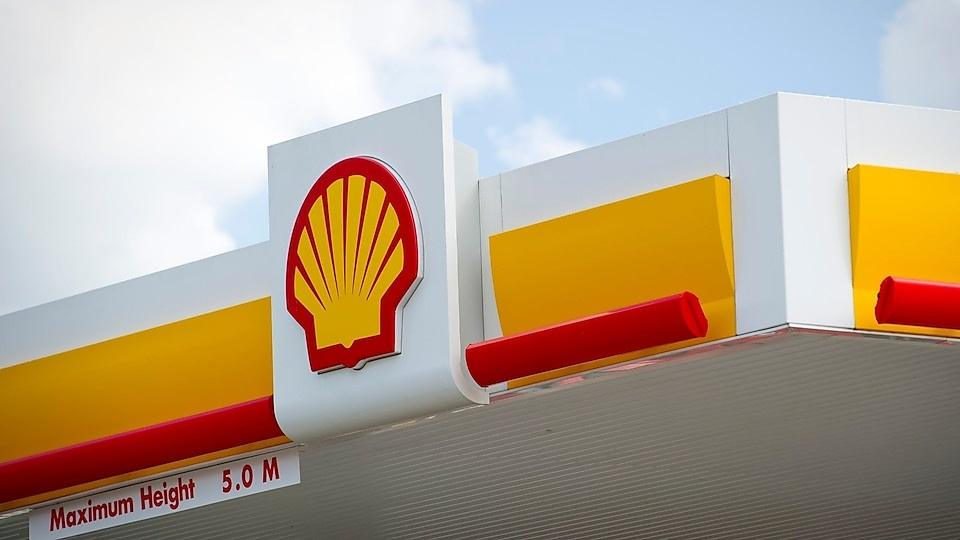UK Court Rejects Attempt to Revive Climate Lawsuit Against Shell Directors
The UK High Court has rejected an attempt by environmental law organization ClientEarth to overturn the dismissal of its climate-focused legal action against the board of directors of energy giant Shell, with the ruling by Mr Justice Trower stating that ClientEarth has not “has made out a prima facie case that the Directors are in breach of their duties.”
ClientEarth said that it was disappointed by the ruling, and that it plans to appeal the dismissal.
ClientEarth launched its lawsuit in February, arguing that Shell’s energy transition strategy was flawed, putting shareholder value at risk, and asked the court to order the board to strengthen the company’s climate plans. The suit was the first of its kind seeking to hold corporate directors personally accountable to prepare for the energy transition.
The legal action claimed that the Directors’ duties to promote the success of the company and to exercise reasonable care, skill and diligence included several climate-related duties, including adopting strategies likely to meet the company’s targets to mitigate climate risk.
The suit was dismissed in May, however, with Trower’s decision agreeing with an argument by Shell that the apparent incidental duties were vague, and against principles that require directors to determine the weight to attach to the factors they consider.
In an oral hearing earlier this month, ClientEarth asked the judge to reconsider the dismissal of the claim, but the request was denied in today’s decision.
In his decision, the judge stated that ClientEarth’s arguments make clear that the organization “seek(s) to impose specific obligations on the Directors as to how the management of Shell’s business and affairs should be conducted.”
The judge also pointed out in the May ruling that ClientEarth’s very small stake in Shell, holding only 27 shares, “gives rise to a very clear inference that its real interest is not in how best to promote the success of Shell for the benefit of its members as a whole,” and that while ClientEarth’s contention that the board’s acceptance of climate risk as a serious risk to the business creates specific duties for the board, “I still think that their formulation is inconsistent with the well-established principle that it is for directors themselves to determine (acting in good faith) how best to promote the success of a company for the benefit of its members as a whole.”
In a statement released following the decision, a Shell spokesperson said:
“This is the right outcome – the court has reaffirmed its decision that this claim is fundamentally flawed and has, once again, dismissed it.
“We believe our Directors have always complied with their duties and acted in the company’s best interest. This claim entirely ignores how directors of a business as large and complex as Shell must balance a range of competing considerations.”
The judge’s decision also pointed out that ClientEarth holds only 27 shares in Shell, giving substance to the company’s argument that “ClientEarth’s motivation is driven by something quite different from a balanced consideration as to how best to enforce the multifarious factors which the Directors are bound to take into account when assessing what is in the best interests of Shell.”
In statement following the ruling, ClientEarth senior lawyer Paul Benson said:
“We are disappointed that the Judge has declined to reconsider his decision. The hearing was the first step towards appeal, which we will now pursue.
“The Court has accepted that climate change poses significant and foreseeable risks to Shell. We firmly stand behind our claim that the Board is currently neglecting to address those risks adequately, to the detriment of its shareholders.”
Benson added:
“The Board’s refusal to take decisive action to prepare the company for the fast-advancing energy transition puts Shell’s future commercial viability at risk and, we maintain, is in breach of the Board’s duties under English law.”





